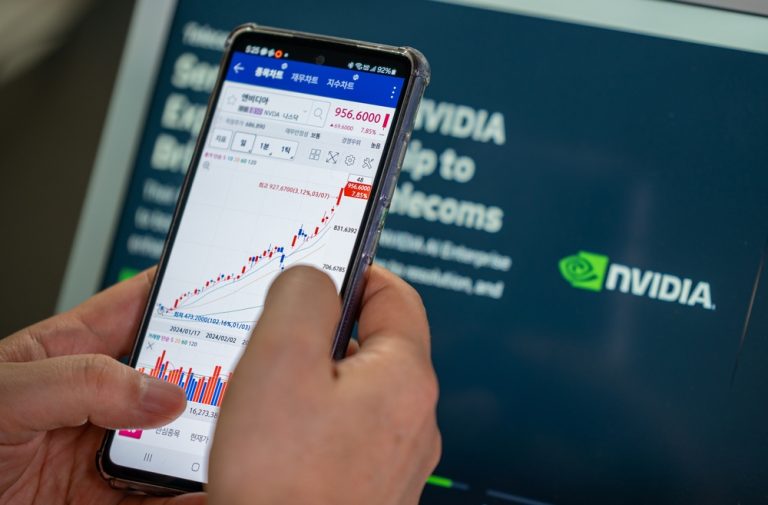Biden Administration Targets Nvidia with New Semiconductor Export Rules
The Biden administration’s Commerce Department released new regulations on Monday that could significantly impact Nvidia and the broader semiconductor industry. The 168-page rules target the export of advanced graphics processing units (GPUs), primarily used in artificial intelligence (AI) and data center applications, as part of a strategy to enhance U.S. national security.
New export restrictions and country categories
The regulations classify countries into three groups, placing varying restrictions on GPU exports:
- Unrestricted group: Includes 18 allied nations, such as the UK, Japan, and Germany, where GPUs can be shipped freely.
- Restricted group: Includes China, Russia, and other nations where exports of the most advanced GPUs are banned outright.
- Quota group: All other countries, capped at 100,000 GPUs annually, with larger orders requiring U.S. government approval.
These rules aim to prevent advanced computing technologies from being used for activities like developing weapons of mass destruction or conducting mass surveillance.
Nvidia’s response and industry impact
Nvidia has strongly opposed the regulations. “The Biden Administration now seeks to restrict access to mainstream computing applications with its unprecedented and misguided ‘AI Diffusion’ rule,” said Ned Finkle, Nvidia’s VP of Government Affairs. Nvidia fears these rules could dampen global sales or shift them toward U.S.-based cloud providers.
Despite the restrictions, industry experts believe the overall impact on GPU demand may be limited. Chris Miller, author of Chip War, noted, “Demand for Nvidia’s products is so high that these rules may simply shift data center construction toward U.S. firms.”
Global implications and geopolitical concerns
The exclusion of countries like Singapore, India, and Saudi Arabia from the unrestricted group could reshape global AI infrastructure. Oracle VP Ken Glueck criticized the country quotas, arguing they “do nothing to promote national security” and could push nations to adopt alternative technologies.
The rules are designed to prevent wealthy nations, particularly in the Middle East, from hosting advanced AI systems, redirecting development to the U.S. “This ensures the most advanced AI systems are trained in the U.S., not abroad,” said Miller.
Risks of segmentation and competition
While the U.S. aims to maintain its lead in semiconductor technology, analysts warn the restrictions could accelerate the development of competing technologies. Huawei, for instance, is reportedly catching up to Nvidia’s capabilities. “They’ve caught up to one generation behind Nvidia,” said Alvin Nguyen, senior analyst at Forrester.
Nguyen also expressed concerns about global inequality in AI development: “Restricting advanced chips could create a divide between the haves and have-nots, limiting the economic benefits of AI for many countries.”
Political dynamics and future of the regulations
The new rules have sparked bipartisan support and criticism. Republican Congressman John Moolenaar and Democrat Raja Krishnamoorthi have voiced approval, while others question their effectiveness. Critics argue that countries could turn to Chinese alternatives, but supporters counter that U.S. chips remain superior, incentivizing compliance.
The regulations are subject to a 120-day comment period before enforcement begins. President Biden will have left office by the time they take effect, leaving the final implementation to the next administration.
Conclusion
The Biden administration’s new semiconductor export rules reflect a strategic move to safeguard U.S. technological leadership and national security. While the regulations could shift AI development toward U.S. firms, they also risk fostering global inequality and accelerating competition from rivals like Huawei. The rules’ long-term success will depend on effective enforcement and the industry’s ability to adapt to an evolving geopolitical landscape.


